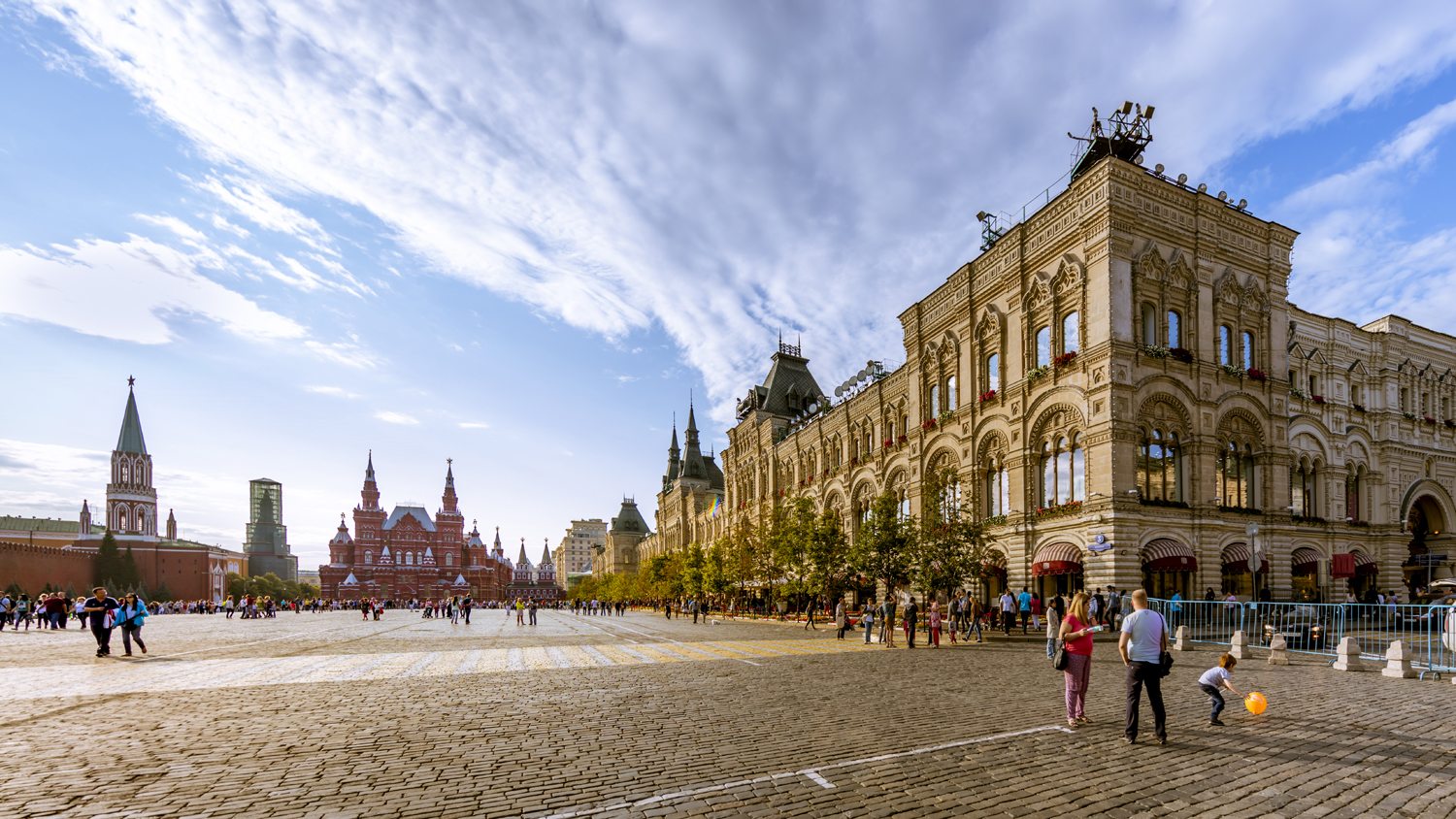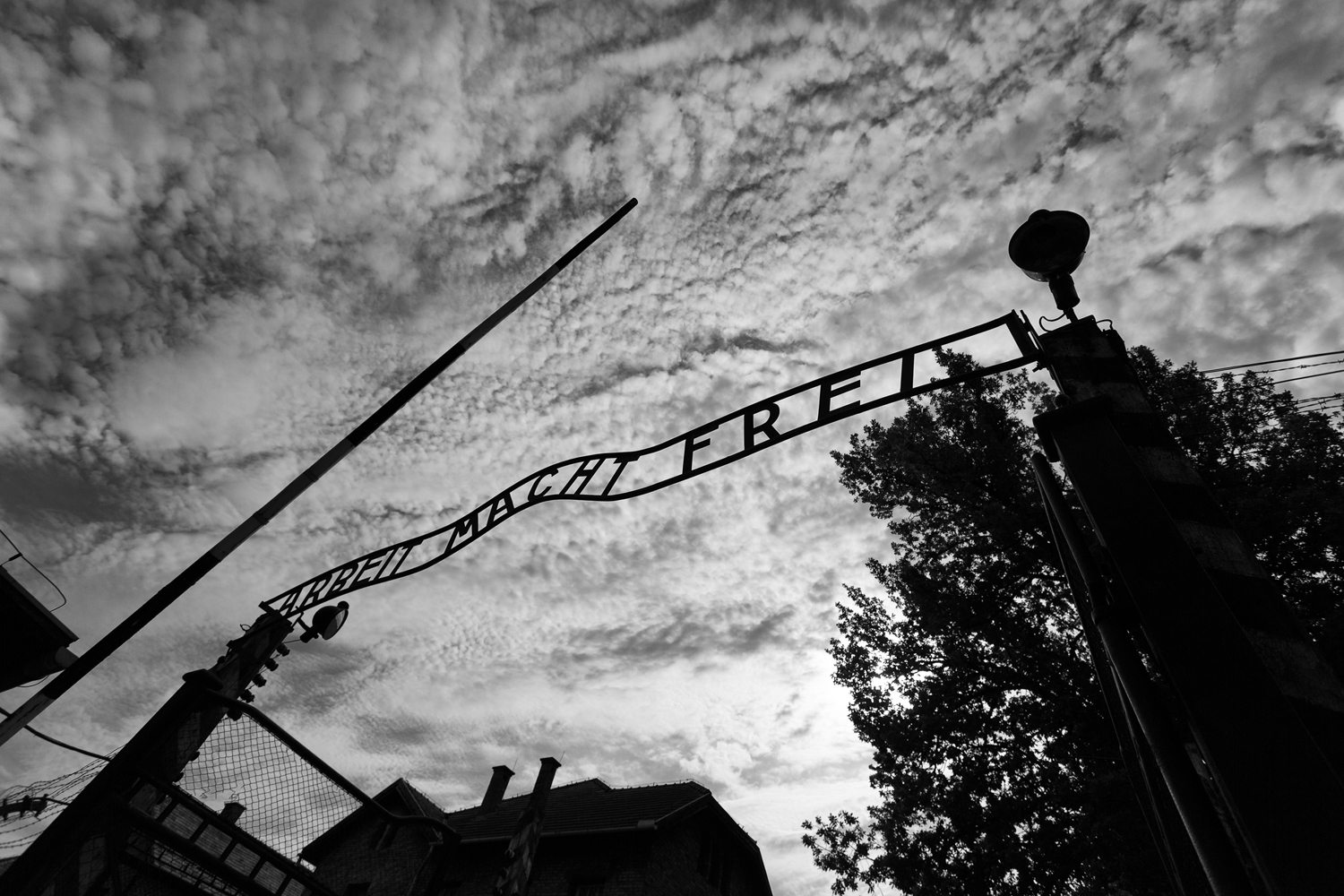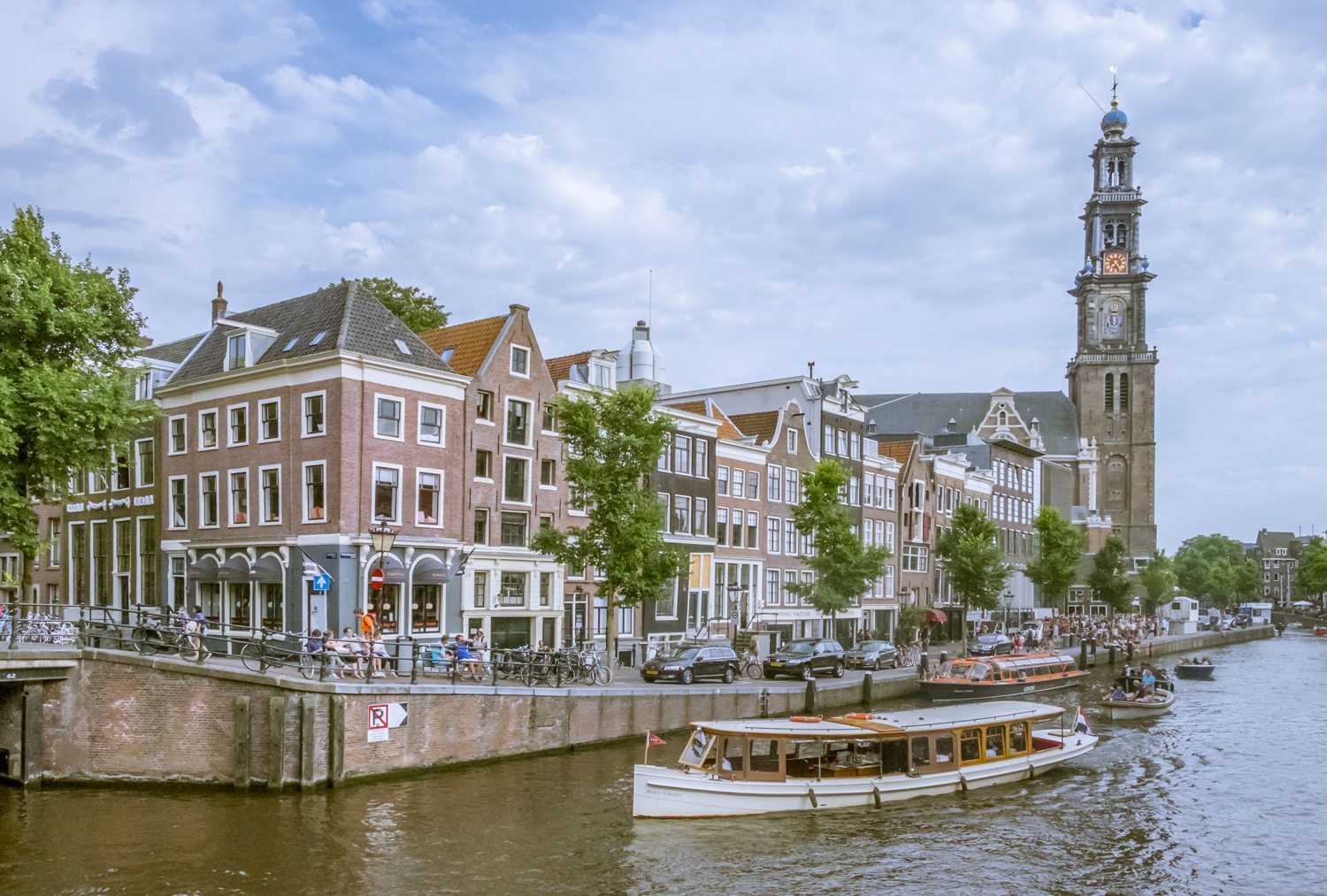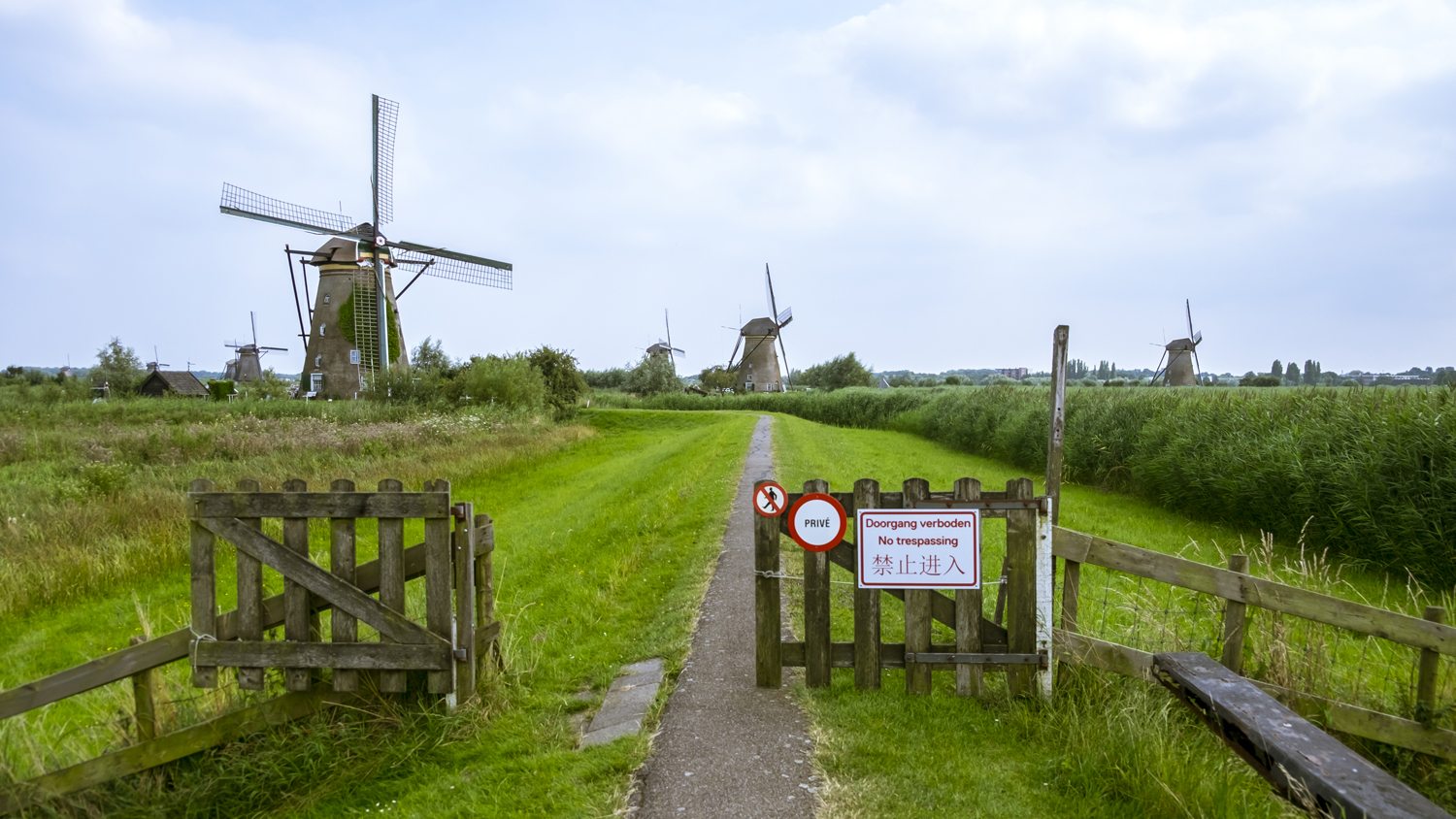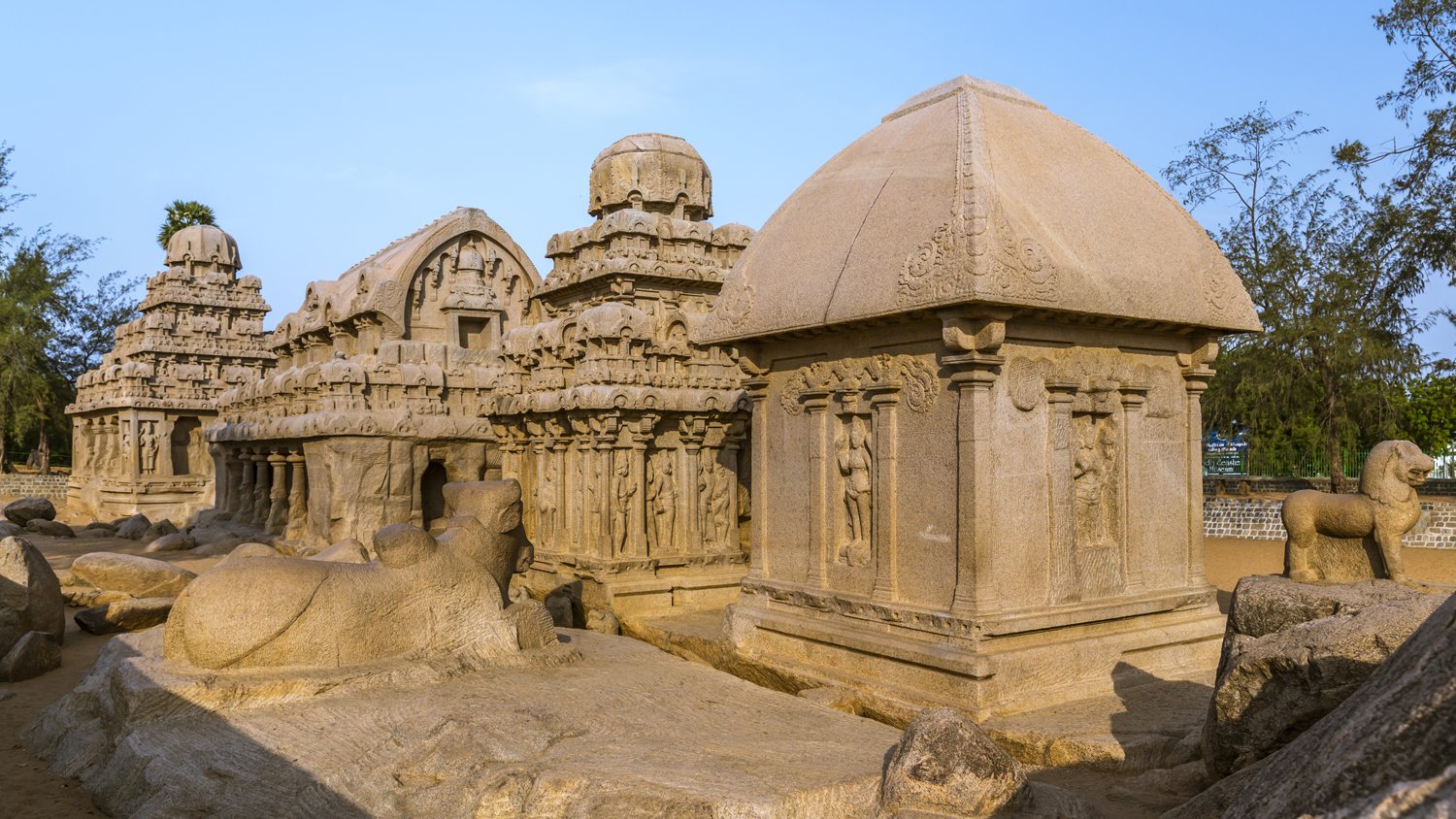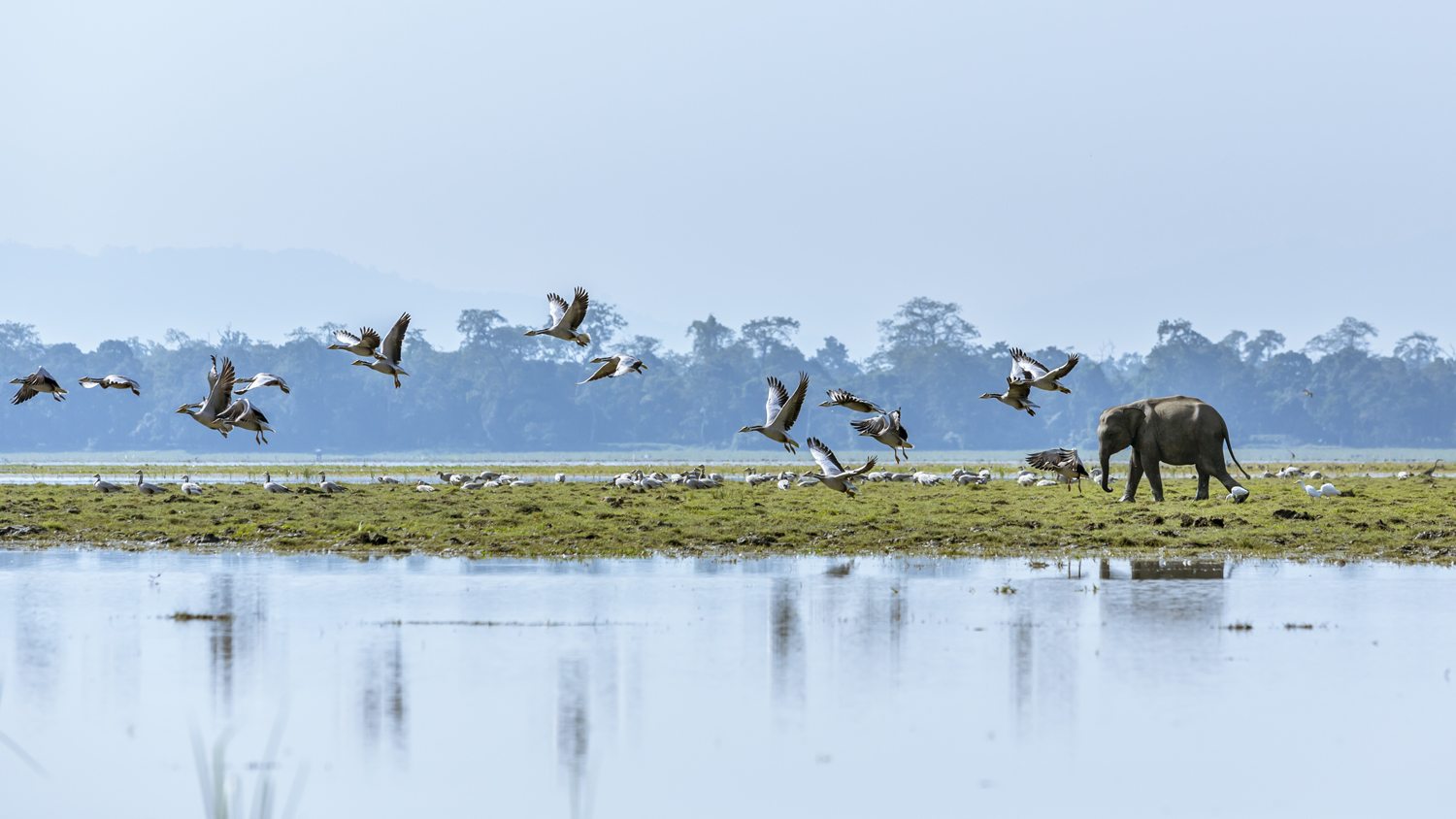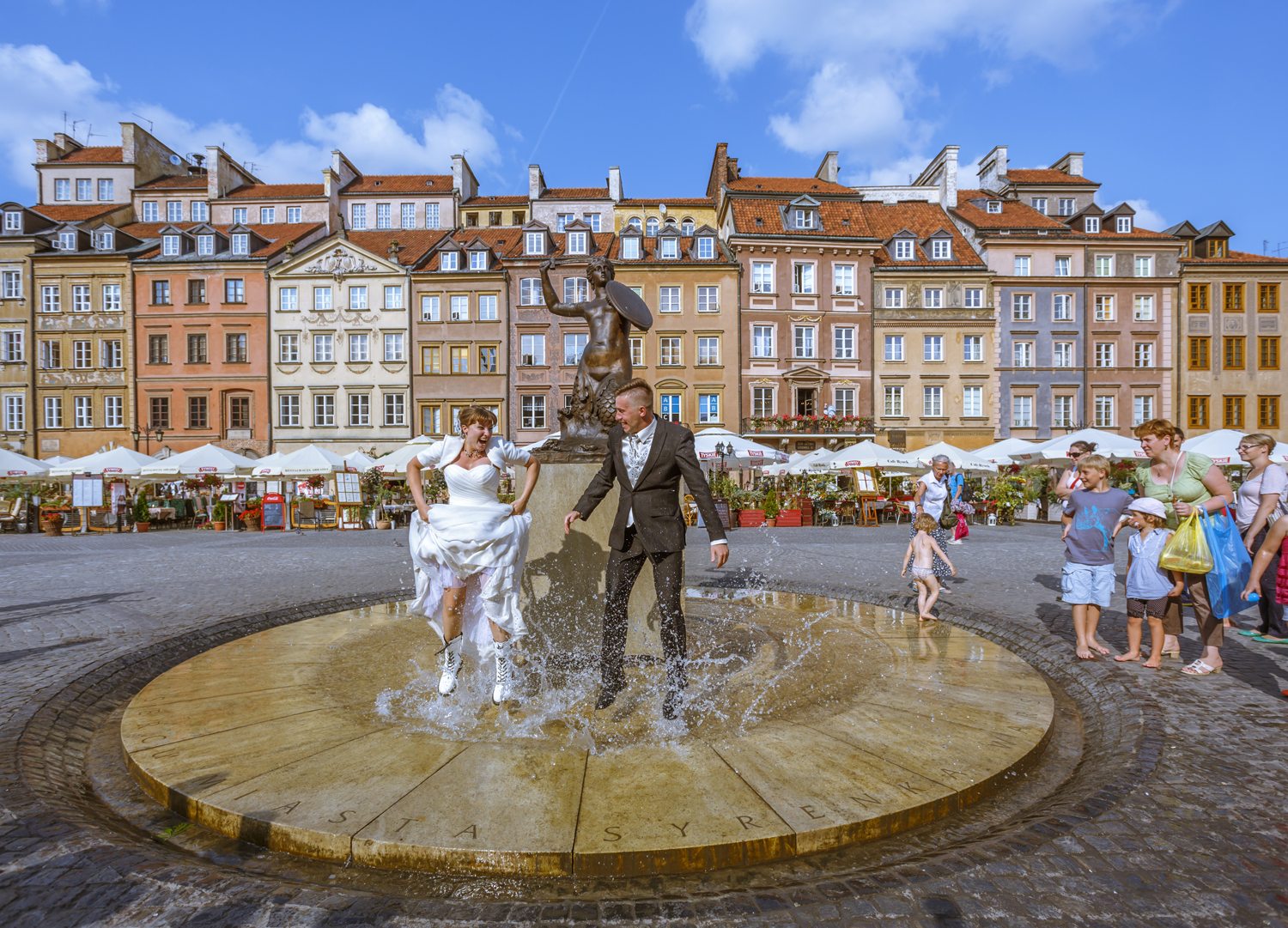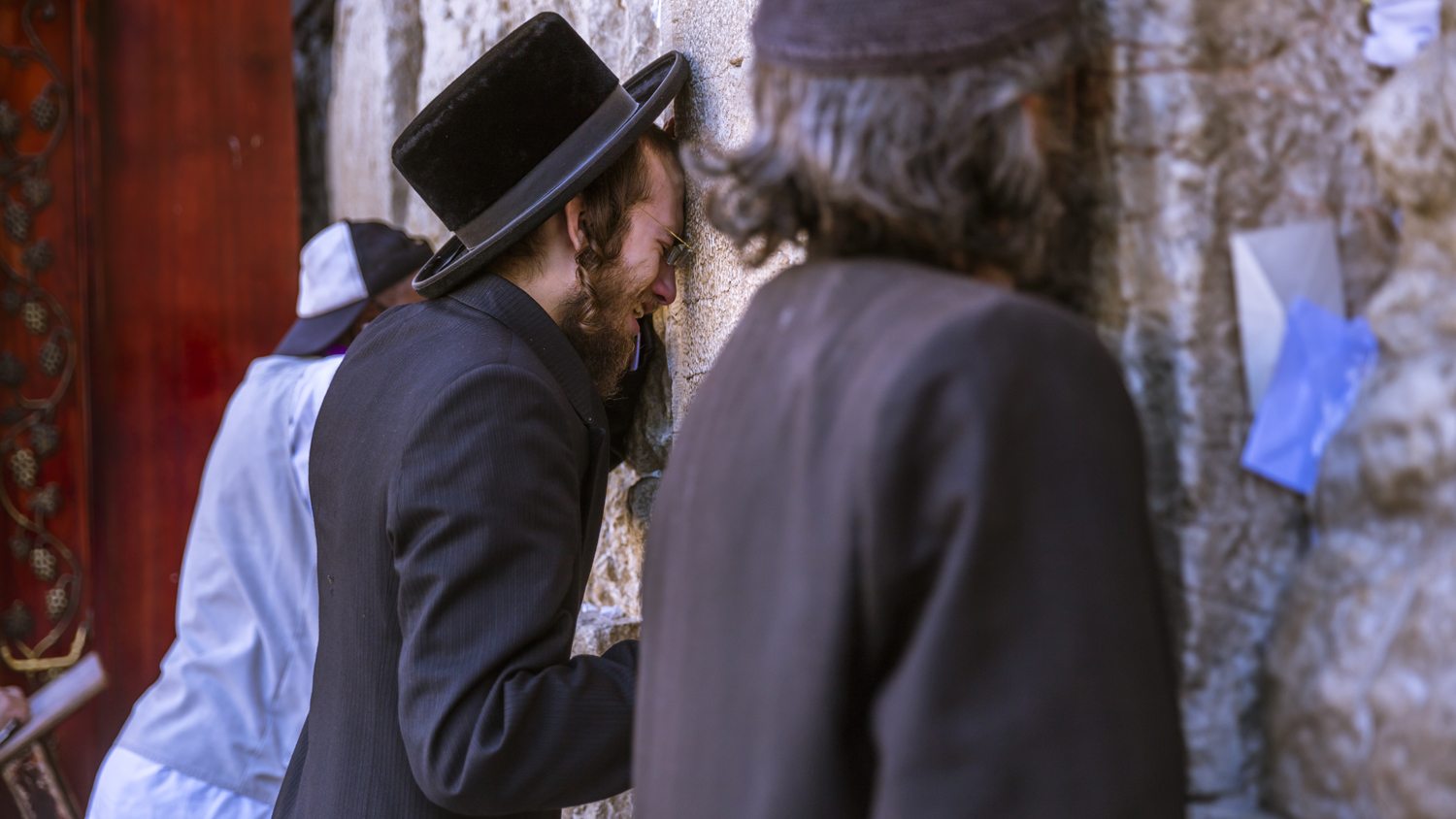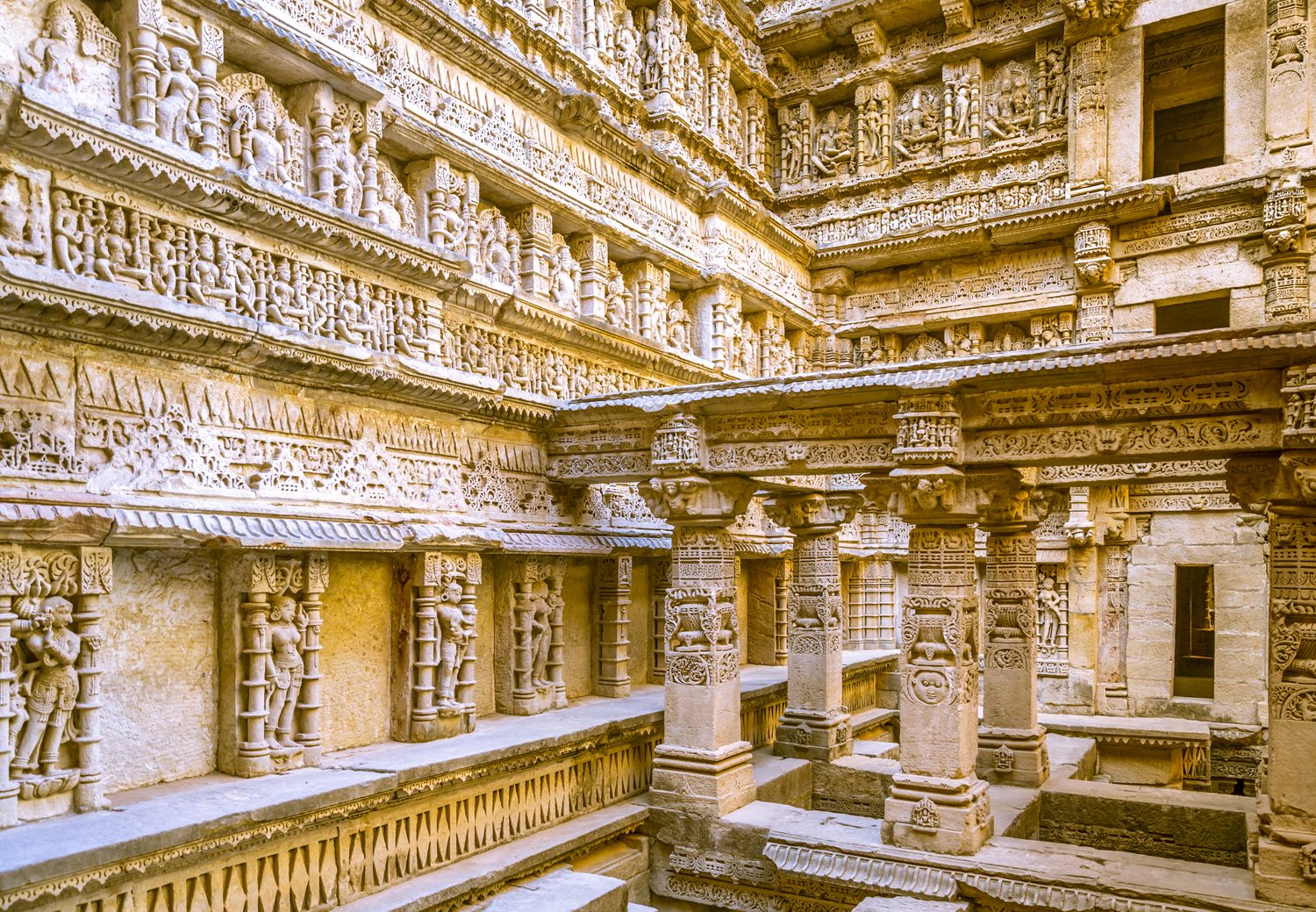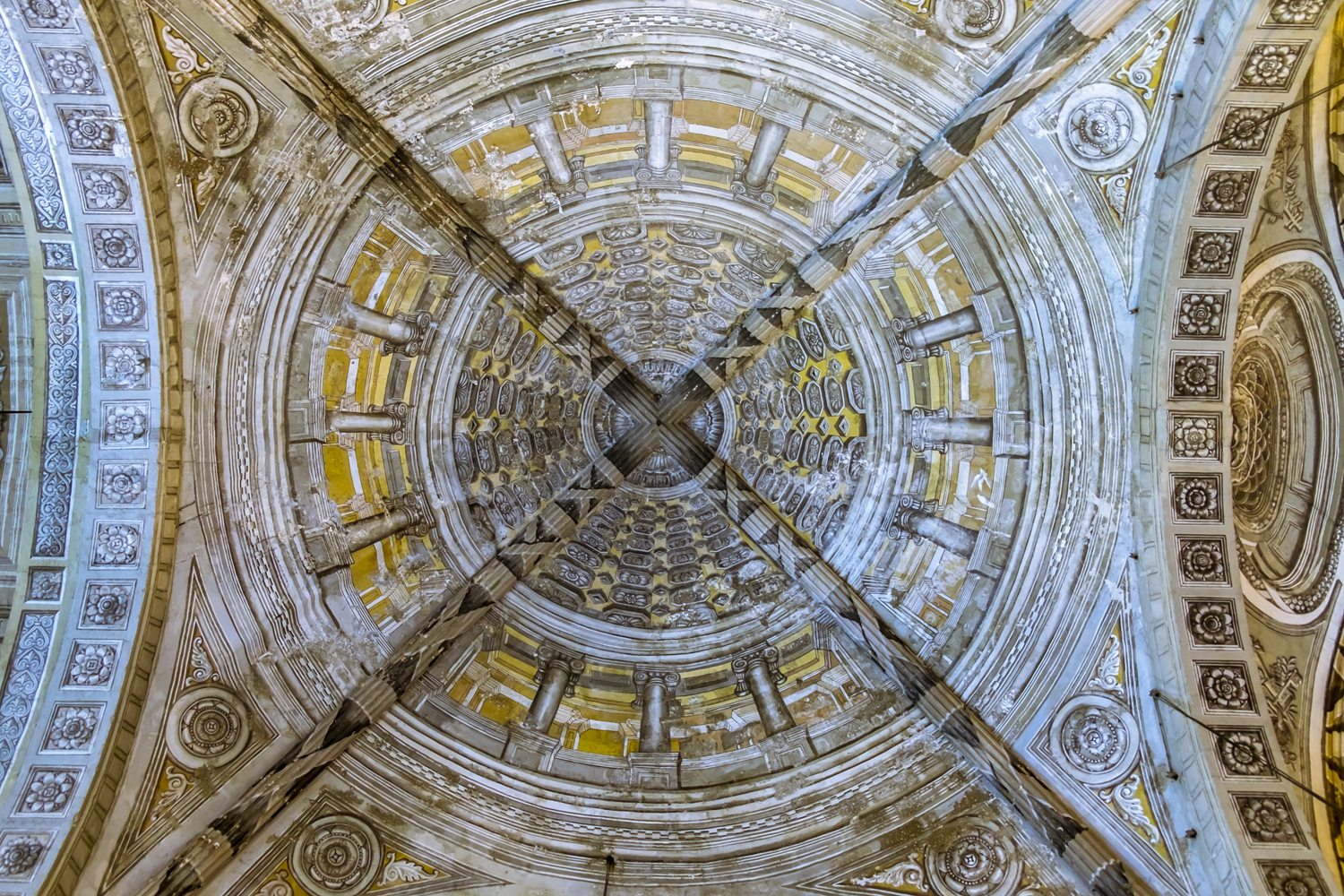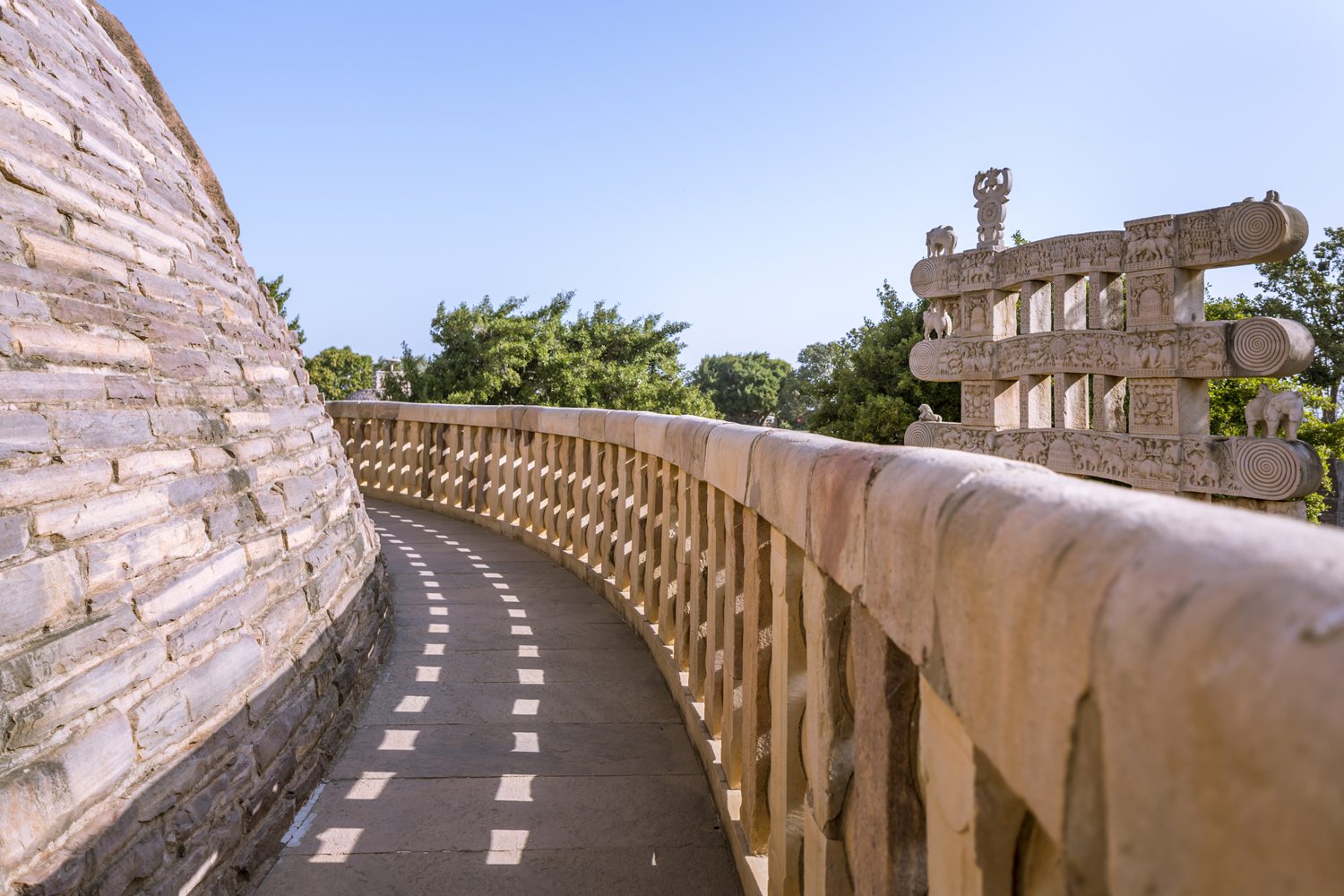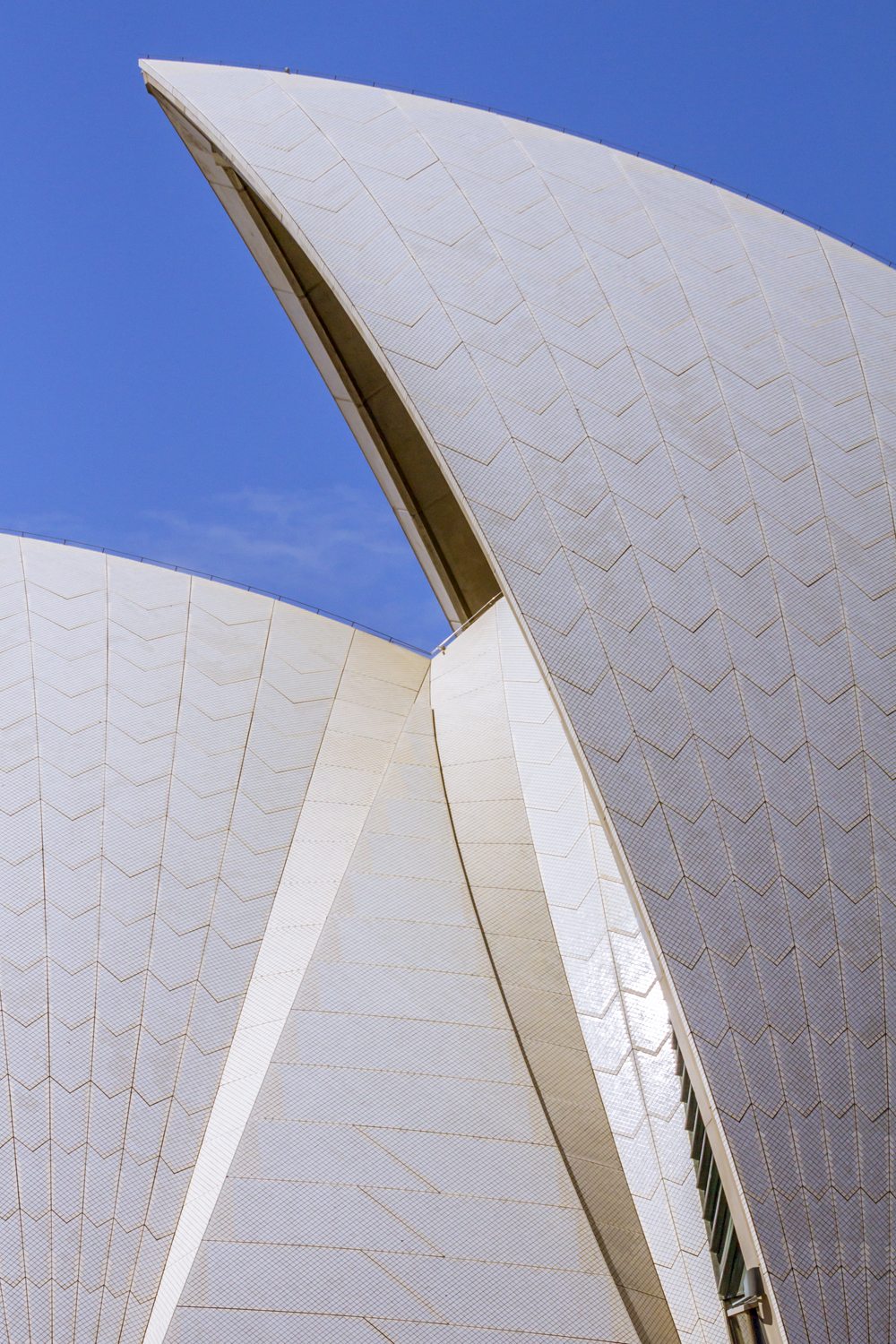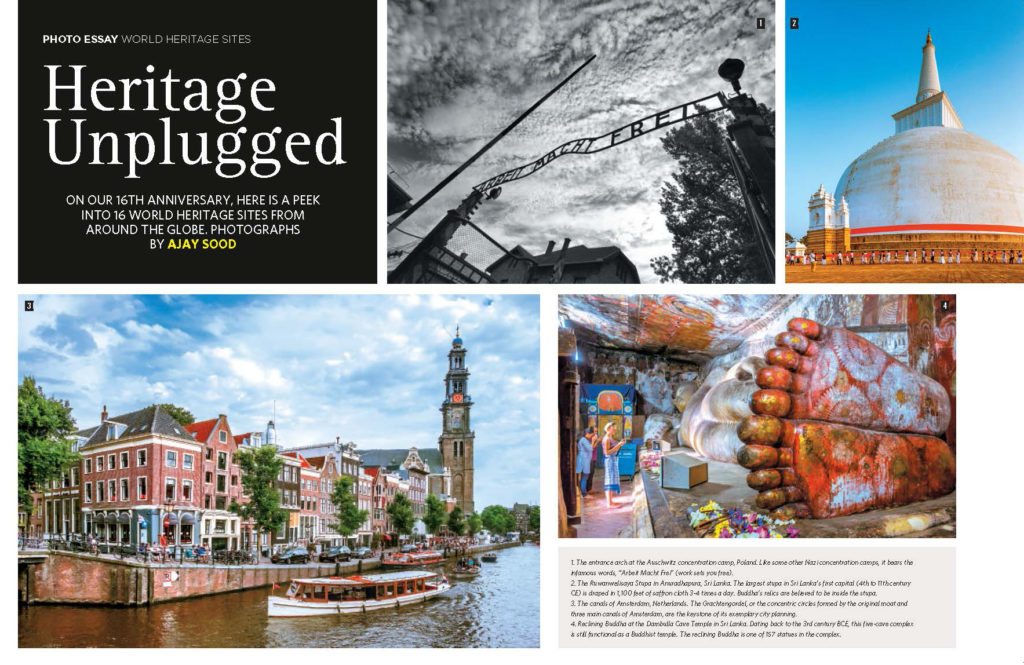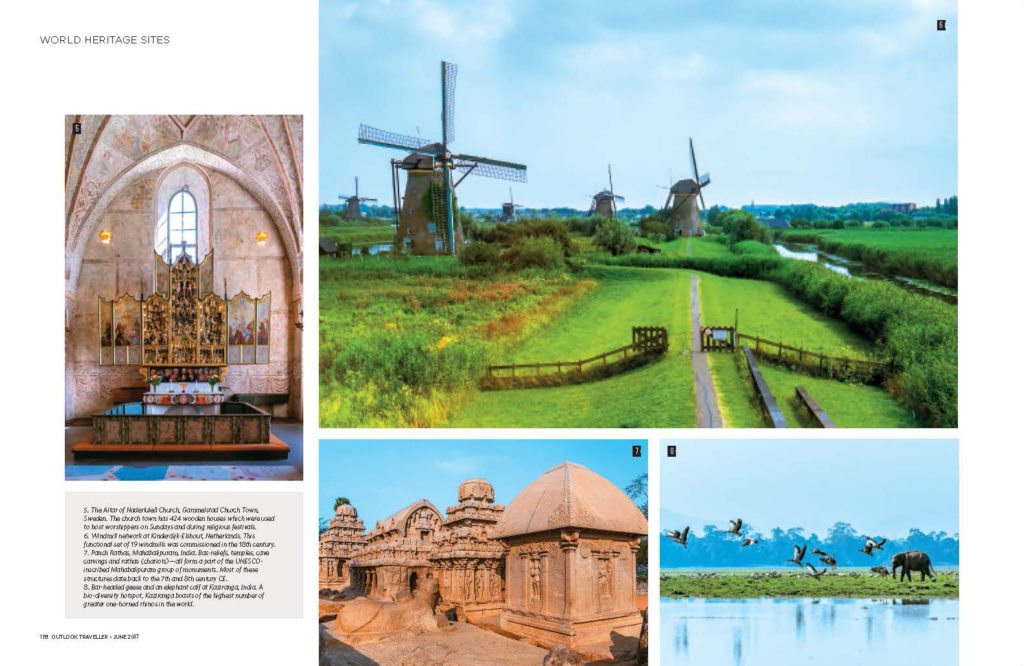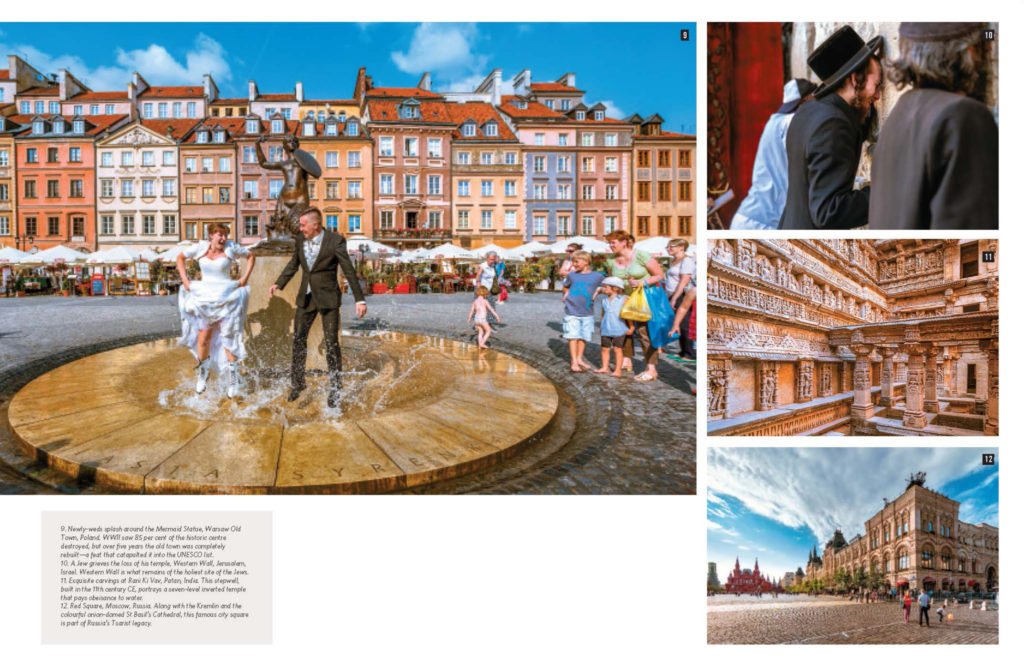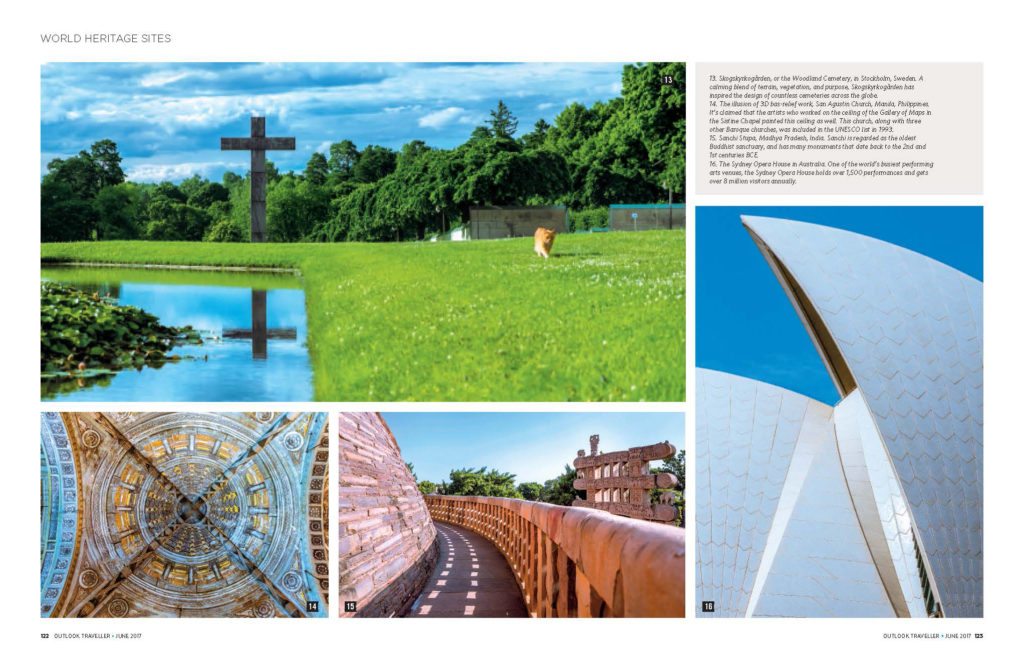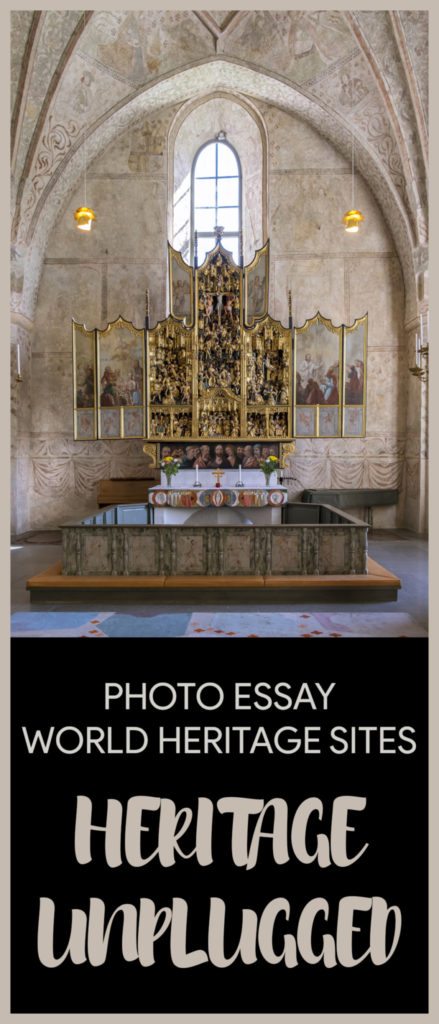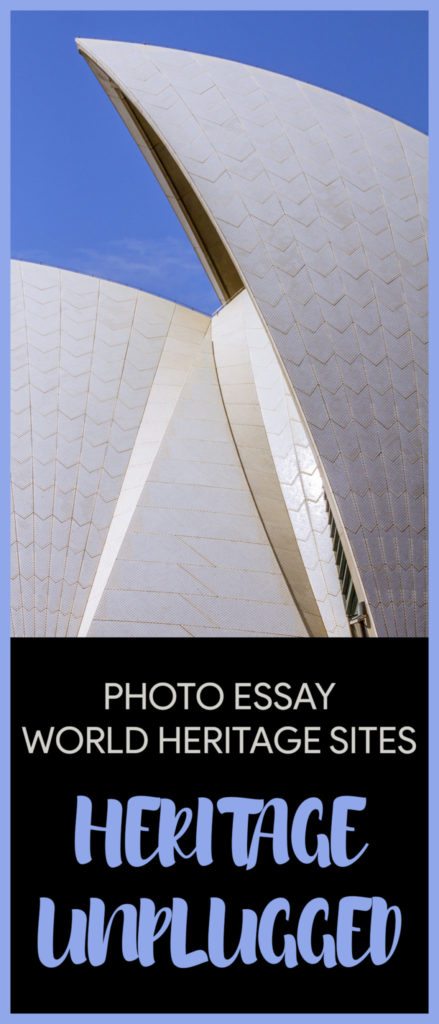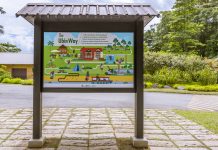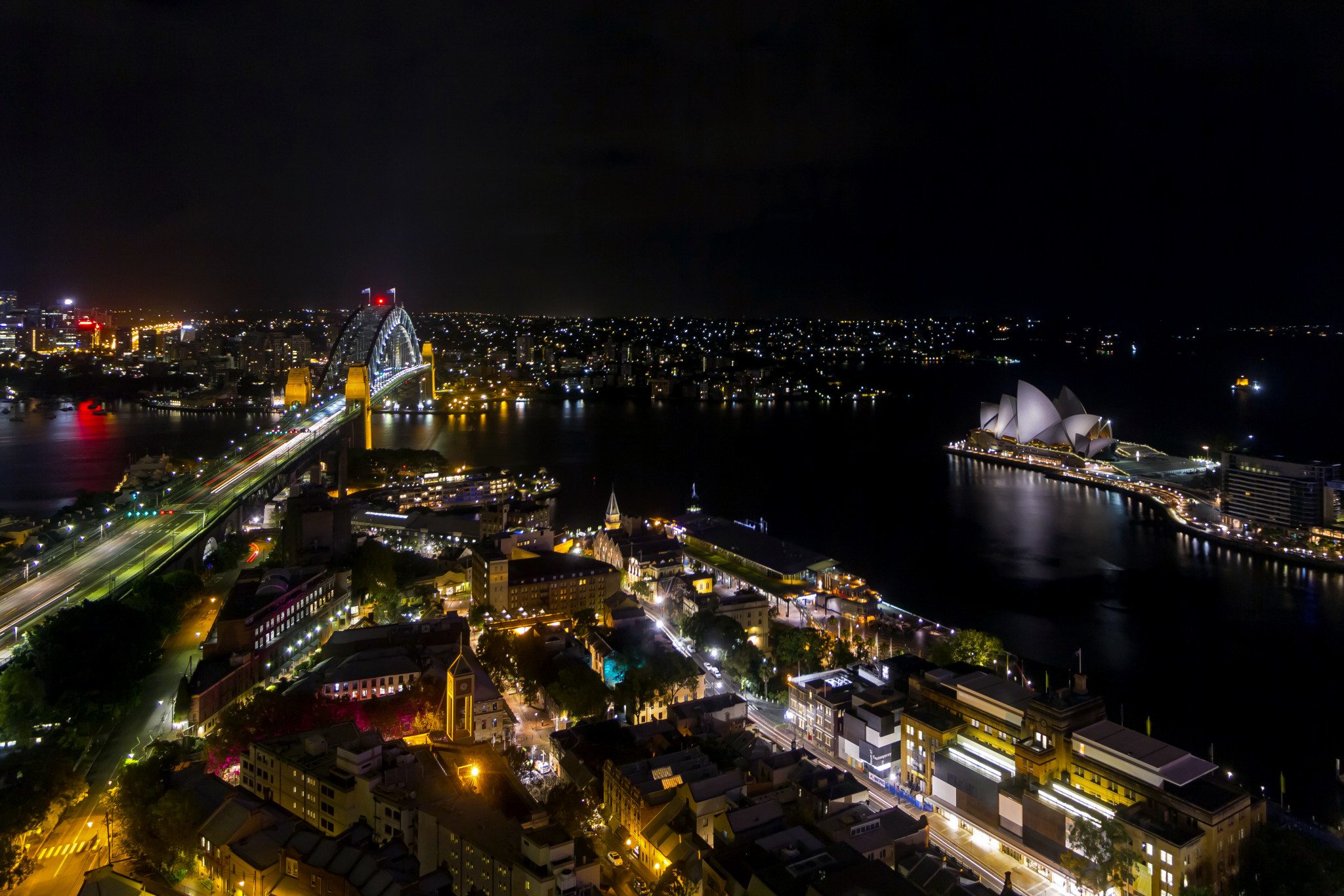My photo essay World Heritage Sites: Heritage Unplugged has appeared in the June 2017 issue of Outlook Traveller – a leading travel magazine in India. Since it is their 16th-anniversary issue, this photo essay covers 16 UNESCO sites. The photo essay is reproduced below.
PHOTO ESSAY WORLD HERITAGE SITES: HERITAGE UNPLUGGED
ON OUR 16TH ANNIVERSARY, HERE IS A PEEK INTO 16 WORLD HERITAGE SITES FROM AROUND THE GLOBE. PHOTOGRAPHS BY AJAY SOOD
The entrance arch at the Auschwitz concentration camp, Poland. Like some other Nazi concentration camps, it bears the infamous words, “Arbeit Macht Frei” (work sets you free). For detailed account about this notorious WW-II holocaust site, visit ‘Auschwitz – Remembering the WW-II Holocaust’.
The Ruwanwelisaya Stupa in Anuradhapura, Sri Lanka. The largest stupa in Sri Lanka’s first capital (4th to 11th century CE) is draped in 1,100 feet of saffron cloth 3-4 times a day. Buddha’s relics are believed to be inside the stupa.
The canals of Amsterdam, Netherlands. The Grachtengordel, or the concentric circles formed by the original moat and three main canals of Amsterdam, are the keystone of its exemplary city planning.
Reclining Buddha at the Dambulla Cave Temple in Sri Lanka. Dating back to the 3rd century BCE, this five-cave complex is still functional as a Buddhist temple. The reclining Buddha is one of 157 statues in the complex.
The Altar of Naderluleå Church, Gammelstad Church Town, Sweden. The church town has 424 wooden houses which were used to host worshippers on Sundays and during religious festivals.
What a coincidence! My hundredth post was also about 16 UNESCO Sites I visited in 2016 – Sharing 16 UNESCO Sites of 2016 in My Hundredth Post.
Windmill network at Kinderdijk-Elshout, Netherlands. This functional set of 19 windmills was commissioned in the 18th century.
Panch Rathas, Mahabalipuram, India. Bas-reliefs, temples, cave carvings and rathas (chariots)—all form a part of the UNESCO-inscribed Mahabalipuram group of monuments. Most of these structures date back to the 7th and 8th century CE.
Bar-headed geese and an elephant calf at Kaziranga, India. A biodiversity hotspot, Kaziranga boasts of the highest number of greater one-horned rhinos in the world.
Newly-weds splash around the Mermaid Statue, Warsaw Old Town, Poland. WWII saw 85 percent of the historic centre destroyed, but over five years the old town was completely rebuilt—a feat that catapulted it into the UNESCO list.
A Jew grieves the loss of his temple, Western Wall, Jerusalem, Israel. Western Wall is what remains of the holiest site of the Jews.
Exquisite carvings at Rani Ki Vav, Patan, India. This step well, built in the 11th century CE, portrays a seven-level inverted temple that pays obeisance to water.
Red Square, Moscow, Russia. Along with the Kremlin and the colourful onion-domed St Basil’s Cathedral, this famous city square is part of Russia’s Tsarist legacy.
Skogskyrkogården, or the Woodland Cemetery, in Stockholm, Sweden. A calming blend of terrain, vegetation, and purpose, Skogskyrkogården has inspired the design of countless cemeteries across the globe.
The illusion of 3D bas-relief work, San Agustin Church, Manila, Philippines. It’s claimed that the artists who worked on the ceiling of the Gallery of Maps in the Sistine Chapel painted this ceiling as well. This church, along with three other Baroque churches, was included in the UNESCO list in 1993.
Sanchi Stupa, Madhya Pradesh, India. Sanchi is regarded as the oldest Buddhist sanctuary and has many monuments that date back to the 2nd and 1st centuries BCE.
The Sydney Opera House in Australia. One of the world’s busiest performing arts venues, the Sydney Opera House holds over 1,500 performances and gets over 8 million visitors annually.
